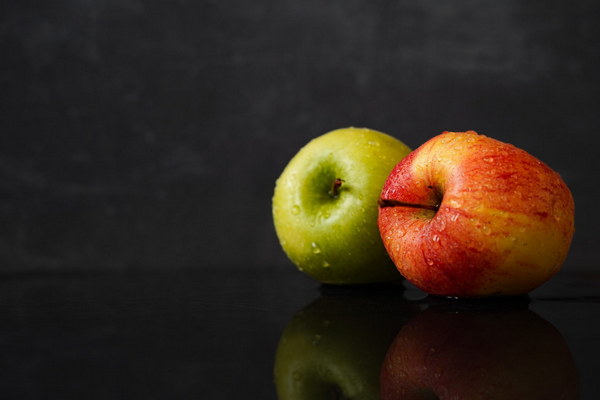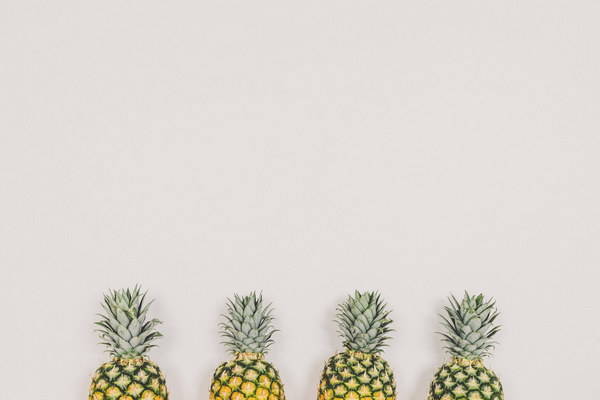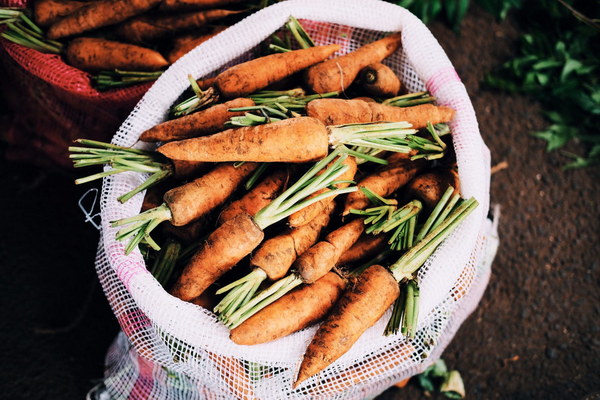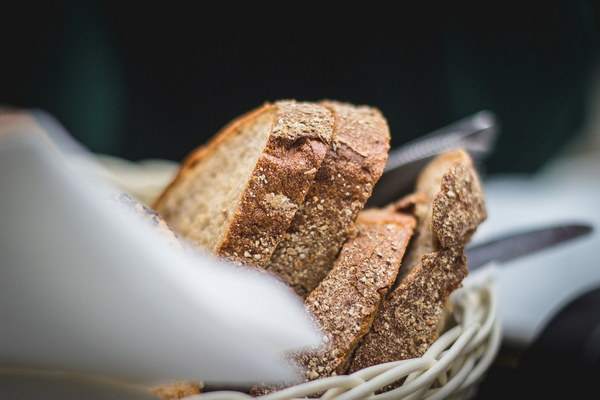Revitalize Your Liver and Boost Your Qi with Traditional Chinese Herbs A Journey to Health and Vitality
In the realm of traditional Chinese medicine, the liver and its functions are of paramount importance. The liver is considered the seat of vitality and plays a crucial role in maintaining physical and emotional well-being. When the liver is healthy, the body is in harmony, and one experiences a sense of balance and vitality. However, when the liver is imbalanced, it can lead to a range of issues, including fatigue, irritability, and poor digestion. That's where the art of using Chinese herbs for liver health and Qi (vital energy) comes into play. This article delves into the world of traditional Chinese herbs for liver and Qi, offering insights and tips to help you embark on a journey to health and vitality.
Understanding the Liver and Qi
The liver is an essential organ in the body, responsible for filtering blood, storing blood, and producing bile. It also plays a significant role in the metabolism of nutrients, detoxification, and the regulation of emotions. The concept of Qi, on the other hand, refers to the vital energy that flows through the body, maintaining its balance and harmony. When the liver is healthy and Qi is abundant, the body is strong and resilient.
Traditional Chinese Herbs for Liver and Qi
1. Silymarin (Milk Thistle)
This herb is renowned for its liver-protecting properties. Silymarin helps to reduce inflammation and regenerate liver cells, making it an excellent choice for those suffering from liver conditions such as hepatitis.
2. Dandelion Root
Dandelion root is a potent liver detoxifier and supports the liver's ability to process waste products. It also aids in digestion and promotes the production of bile, which is crucial for nutrient absorption.
3. Bupleurum (Chai Hu)
Bupleurum is a versatile herb that helps to soothe the liver and alleviate stress. It is commonly used to treat conditions such as irritability, anxiety, and poor digestion.
4. Scute (Wu Wei Zi)
Scute is an excellent herb for supporting the liver's detoxification process. It helps to expel heat from the liver and alleviate symptoms such as irritability, headaches, and dizziness.
5. Peony Root (Bai Shao)
This herb is known for its calming effects on the liver and its ability to alleviate pain. It is often used to treat conditions such as menstrual cramps and headaches related to liver imbalance.
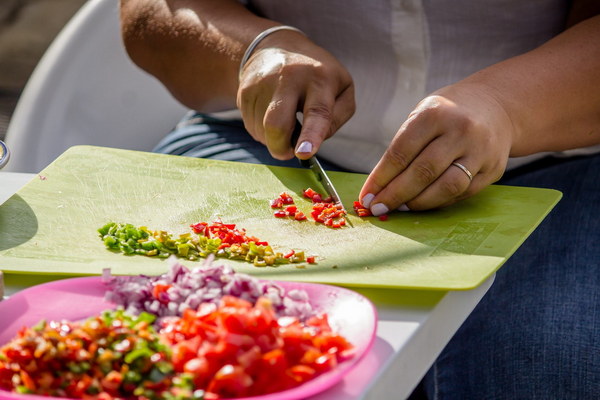
6. Gan Cao (Licorice Root)
Gan Cao is a sweet herb that helps to harmonize the body's energies and support the liver. It is often added to herbal formulas to enhance the effectiveness of other herbs.
How to Incorporate Chinese Herbs into Your Routine
1. Consult a Practitioner
Before starting any herbal regimen, it's essential to consult with a qualified practitioner who can tailor a formula to your specific needs.
2. Prepare Your Herbs
You can prepare your herbs by brewing a tea, taking capsules, or using a tincture. Be sure to follow the recommended dosage and preparation instructions provided by your practitioner.
3. Maintain a Healthy Lifestyle
Alongside herbal treatments, it's crucial to maintain a healthy lifestyle. This includes a balanced diet, regular exercise, and adequate sleep.
4. Monitor Your Progress
Keep track of your symptoms and overall well-being as you progress with your herbal regimen. Adjustments may be necessary based on your response to treatment.
By incorporating traditional Chinese herbs into your routine, you can support your liver and Qi, leading to improved health and vitality. Embrace the wisdom of ancient healing practices and embark on a journey to a healthier, more balanced you.


